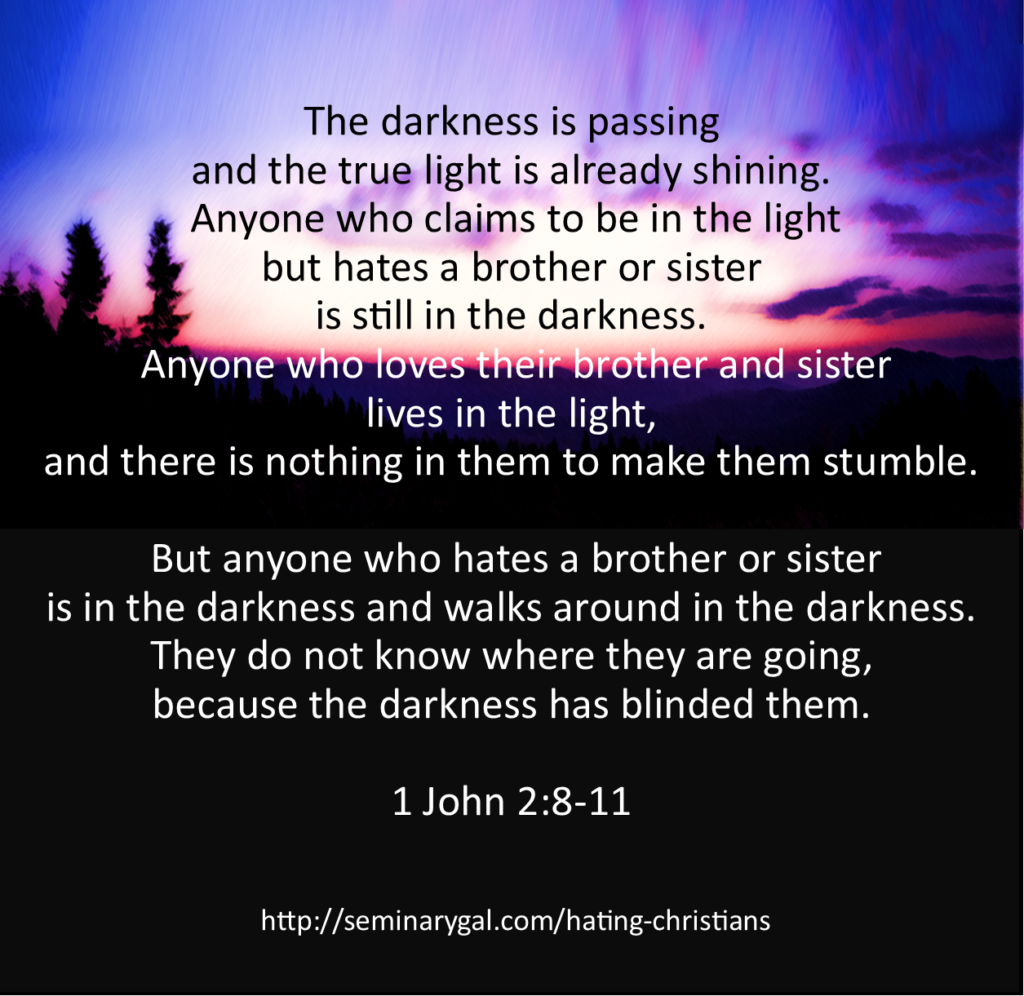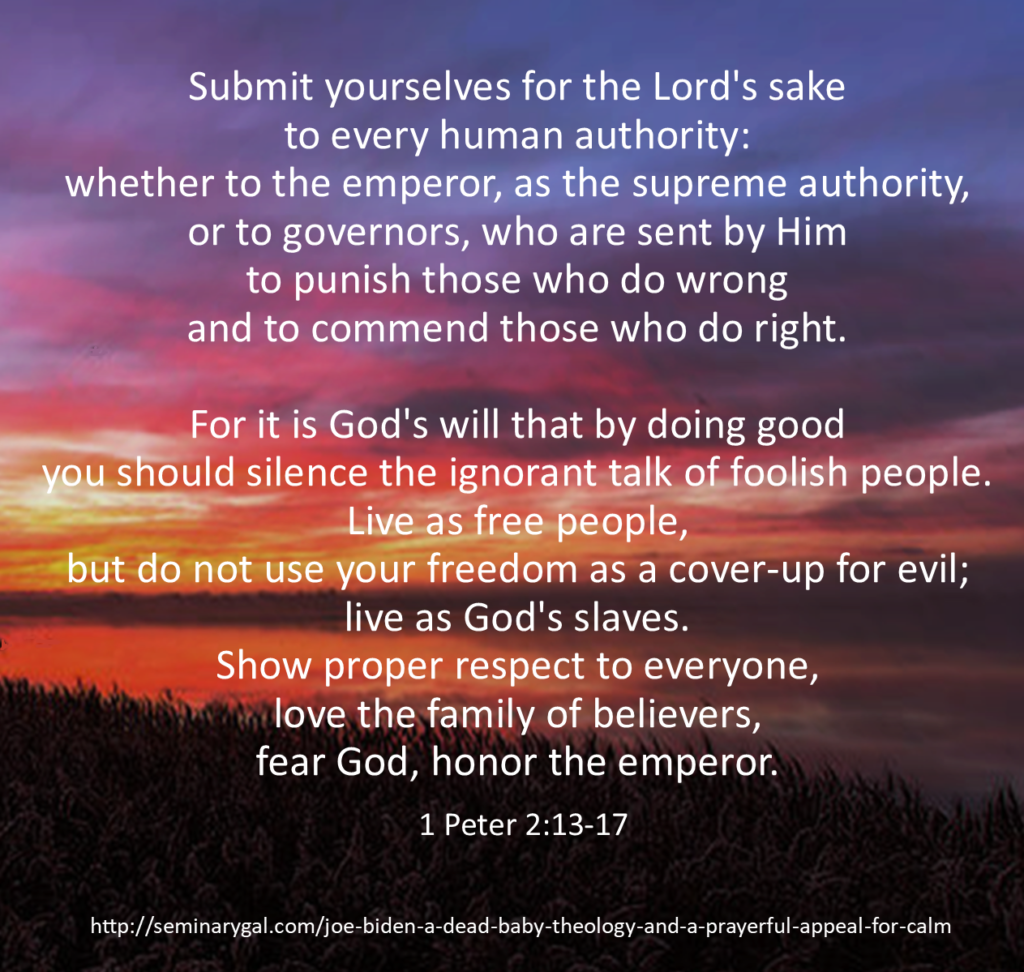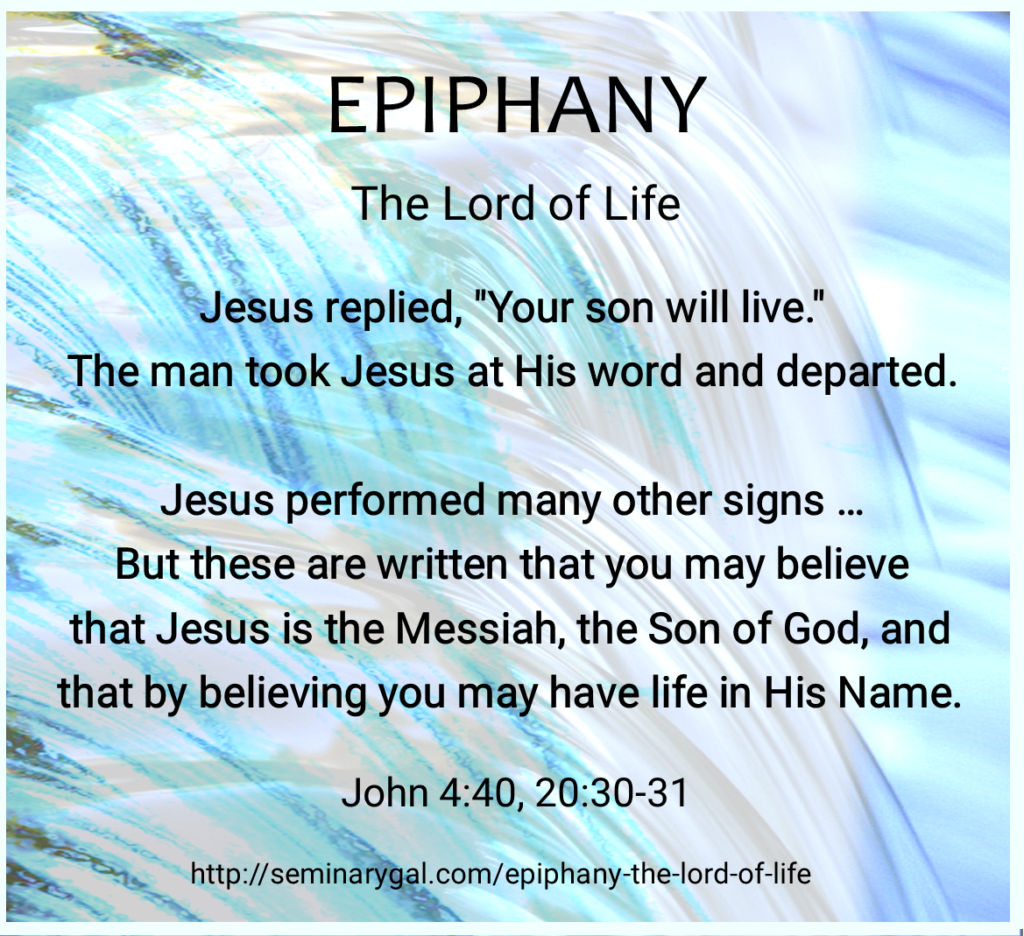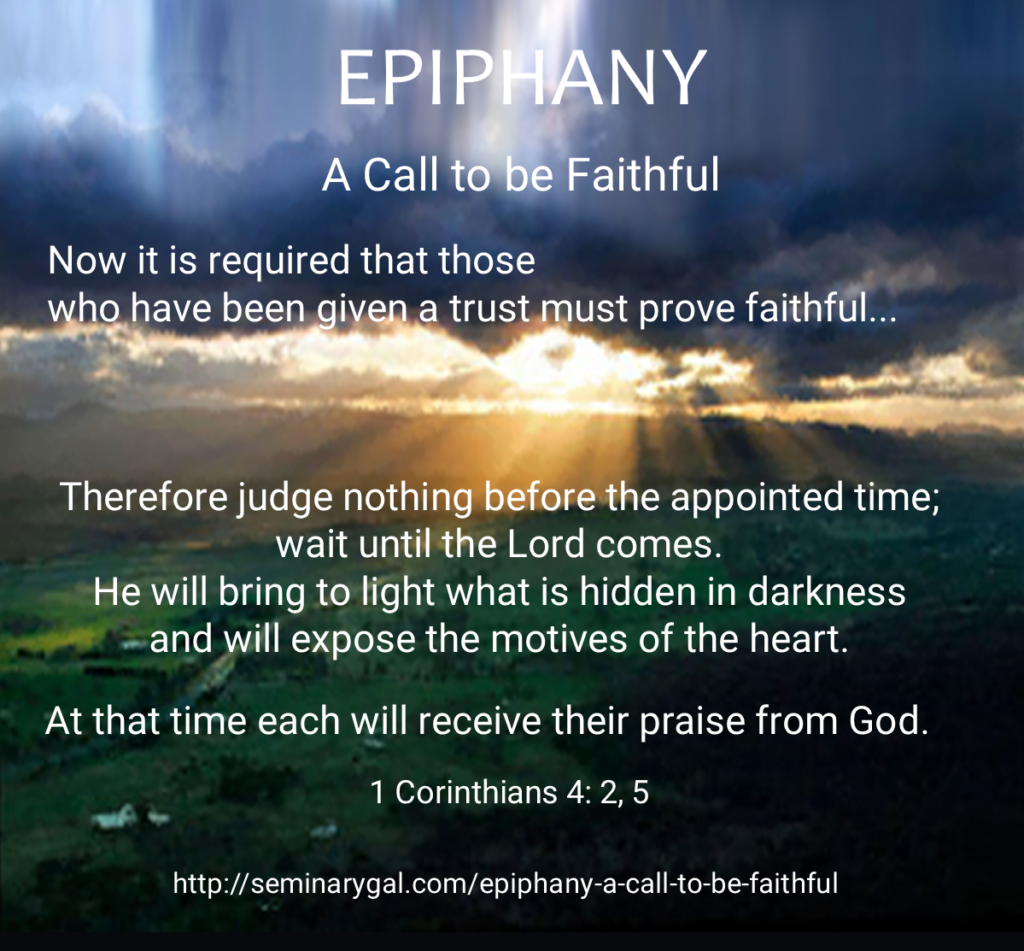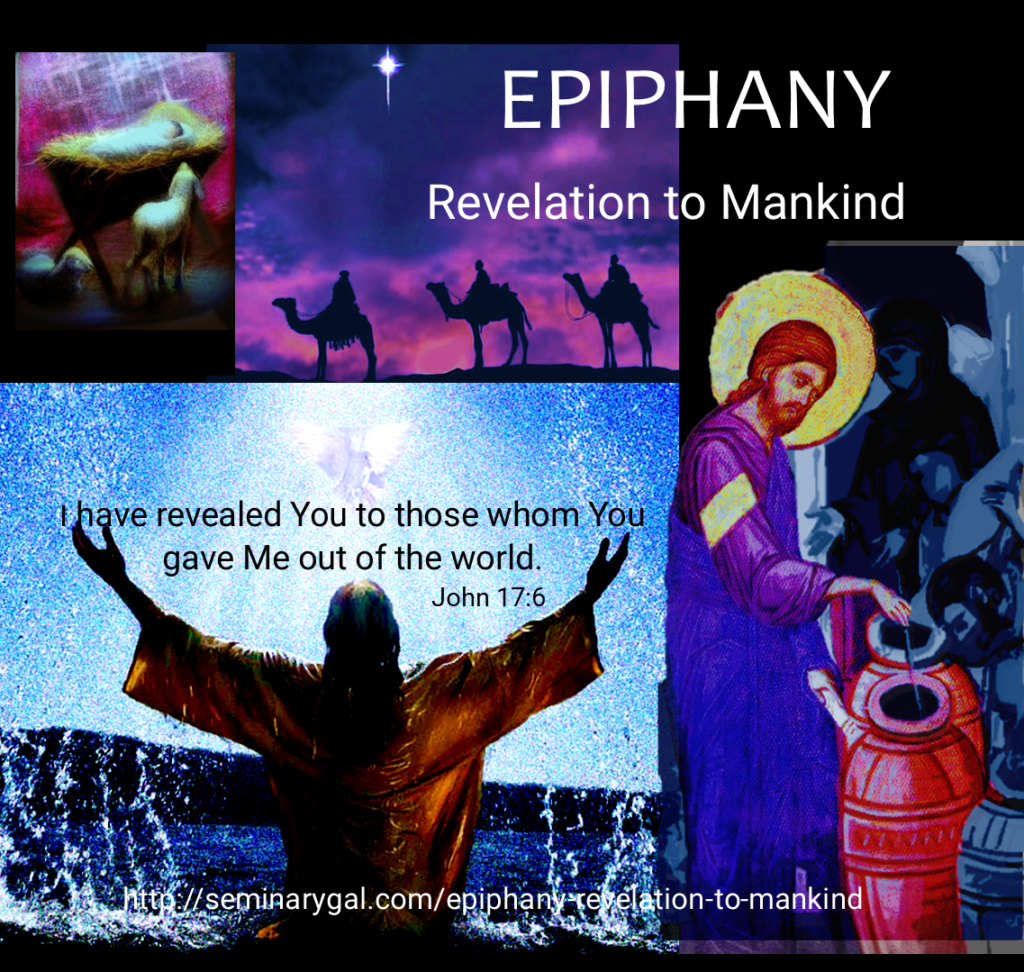Lent begins on Ash Wednesday, February 17, 2021. This year’s devotional series focuses on how to live between two worlds while holding onto your faith.
What are these two worlds?
City of Man which exists as a world of troubles, injustice, and strife.
City of God in which every tear will be wiped away,
everything will be made right, and all troubles will end.
What’s a Christian to do right now
to live in the City of Man as a resident of the City of God?
Endure. That’s about all we can do.
Persevere. That’s what the Bible instructs us to do.
Remain faithful. That’s what it takes.
Into the gap between the City of Man and its fixation upon sin and the City of God with its demand for holiness, two words minister peace: But God.

Gracious living in a broken world requires wisdom.
Come pray with me as we seek God’s wisdom in this matter.
Listen and let this worship song written by Paul Baloche about God’s grace minister to your spirit
But for Your grace I could not be saved
But for Your grace I would go my way
I’m forever grateful
That You have been faithful to me, Lord
For Your amazing grace
Amazing grace, how sweet the sound
That saved a wretch like me
I once was lost but now I’m found
Was blind but now I see
But for Your grace I could not be saved
But for Your grace I would go my way
I’m forever grateful
That You have been faithful to me, Lord
For Your amazing grace
For Your amazing grace
For Your amazing grace
If you’re already signed up on my Home Page sidebar to receive posts, you’ll get the 2021 Lent Devotionals automatically. Or you can “Like” Seminary Gal on Facebook and they’ll be delivered to your Facebook news feed. If you haven’t signed up, today is a great day to do so. Advent and Lenten devotionals remain among my most popular offerings. You don’t want to miss this encounter with God to prepare your heart for Easter! Understanding that prior years’ devotionals continue to minister, you may want to have access to a full series ahead of time:
- Lent 2013 looked at The Letter to the Romans: Paul’s Masterpiece to reclaim foundations of our Christian heritage and began February 13, 2013.
- A very special and ever popular offering was Lent 2014’s Be Still and Know that I AM God which can be obtained through the archives beginning in March 2014.
- Lent 2015 began on February 18, 2015 with a series entitled With Christ in the Upper Room: Final Preparations. We explored what is often called “The Upper Room Discourse” found in John chapters 13-17.
- ReKindle, the Lent 2016 series, began on February 10, 2016 and encouraged us to rekindle our spiritual lives.
- Light: There’s Nothing Like It was the 2017 Lent series and explored this metaphor often used to portray Christ. It is archived beginning March 1, 2017.
- Lent 2018, we explored the questions of Pi and Chi (the Greek letter beginning the word Christos, which means Christ, Messiah, the Anointed One). We asked and answered the questions “Why?” from the movie Life of Pi as we discovered the uniqueness of Jesus Christ in a world of many faiths.
- Lent 2019 gave us a deeper window into Easter “More to the Easter Story” since we miss so much when we rely only on a superficial understanding of the work of Christ. These devotionals are archived beginning March 6, 2019.
- Our Lent 2020 devotional series offered prayer points surrounding “Be Thou My Vision” and were aimed at helping us to see God for who He is. The full set of devotionals are archived beginning February 26, 2020.


